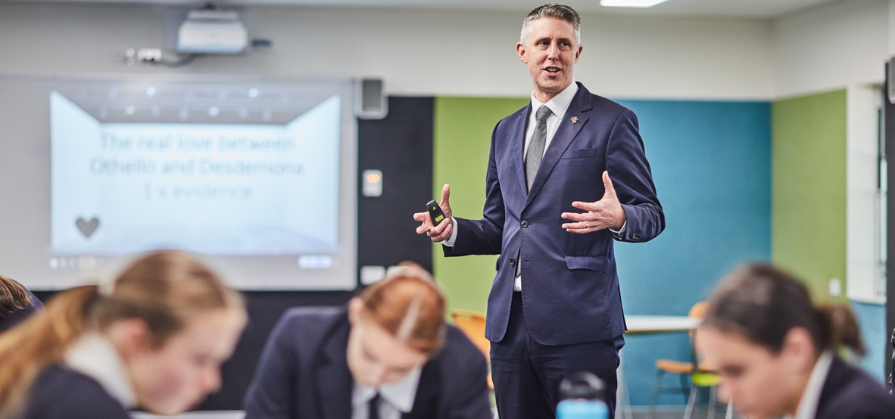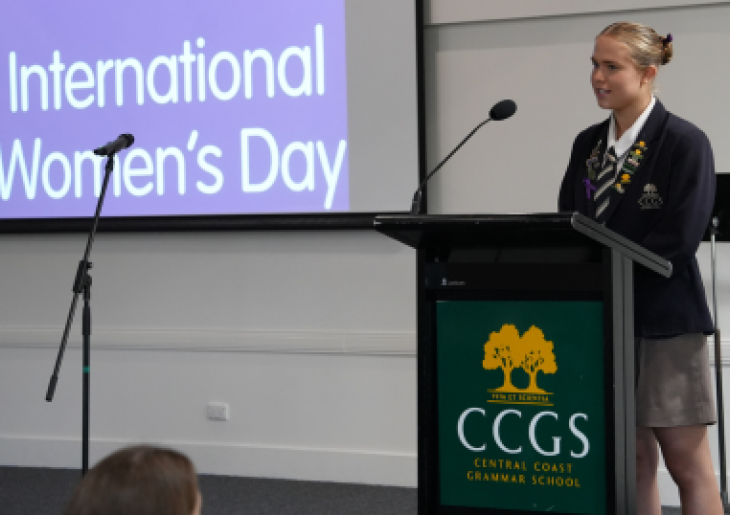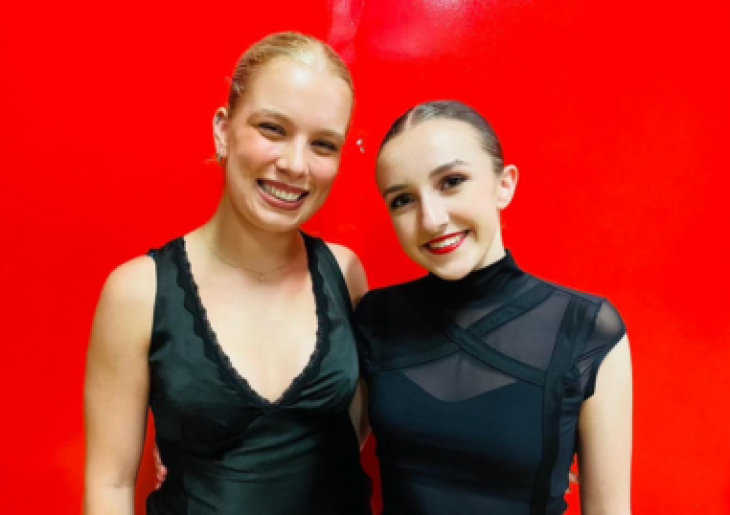What is Designing for Deep Learning?
It’s been said that the most powerful learning happens when students are immersed in real-world challenges.
Designing for Deep Learning is a key educational approach at CCGS that seeks to do just that by providing experiences and environments to encourage profound, long-lasting understanding.
CCGS has been working with the Association of Independent Schools NSW (AISNSW) Deep Learning Project to translate the latest evidence-based practice into meaningful, impactful lessons in the classroom.
Deep learning in action
In Year 4 Science, Designing for Deep Learning was used in a unit exploring marine turtles and the threats that impact their survival.
Teacher, Miss Brittany Anderson said, “There have been noticeable, positive differences to student learning using the designing for deep learning principles in our classrooms.”
“For this unit, students took on specific roles within allocated groups such as a digital lead, presentation creator, delegate, presenter and researcher.
“Students designed a prototype which they felt could be utilised by humans to protect marine turtles from each group’s chosen threat and then brought their findings back to present in the form of a conference.
“Creating student-driven activities provide them with agency and control over their learning. This allowed us, as educators, to increase engagement and motivation.
This approach also helps students understand the role their actions have in the broader community.
“Deep learning allowed students to understand how they can impact the broader community and establish the roles they can play to support the lives of marine turtles, exploring real world, relevant and relatable problems that society is facing.
“This relevancy allows them to be more deeply engaged in their learning. The impact is that students can then transfer knowledge into their daily practices and hopefully become learners who adapt and make changes to help the world around them,” Miss Anderson said.
The senior school has also been using Designing for Deep Learning, developing students’ understanding of the global competency of Citizenship in Year 11 English Advanced.
Teachers Mrs Rochelle Bews, Mrs Jennifer Pullen and Mr Damon Cooper created a new unit of work to demonstrate how the representation of what it means to be Australian has changed over time.
Comparing texts such as the films Crocodile Dundee and Charlie’s Country, and poetry like Alison Whittaker’s ‘A love like Dorathea’s’ and ‘My Country’ by Dorothea MacKellar challenged students to recognise diverse views and perspectives of the Australian identity.

Our senior students further clarified their thinking, developing multimodal works with images, videos and writing to express their analysis of Australian citizenship, and their understanding of themselves as citizens in Australia.
Because of its innovative and authentic approach, CCGS’s work across all subjects in this space has been shared locally and internationally with the Global Deep Learning Network and recognised as an example of exceptional practice.
Earlier this year, Mr Damon Cooper, Deputy Head, Teaching, Learning and Data Analytics was invited to speak at the Global Deep Learning Lab 2023 conference in the USA. He shared CCGS’s work with colleagues from around the world, including illustrations of practice from classrooms from K to 11 and across subjects. Mr Cooper was able to share our story of success and learn from and with leading educators from a global network. Lasting connections with schools around the world were established and through these new networks, teachers from our school have continued to meet colleagues, share our expertise and learn from their diverse experiences.




